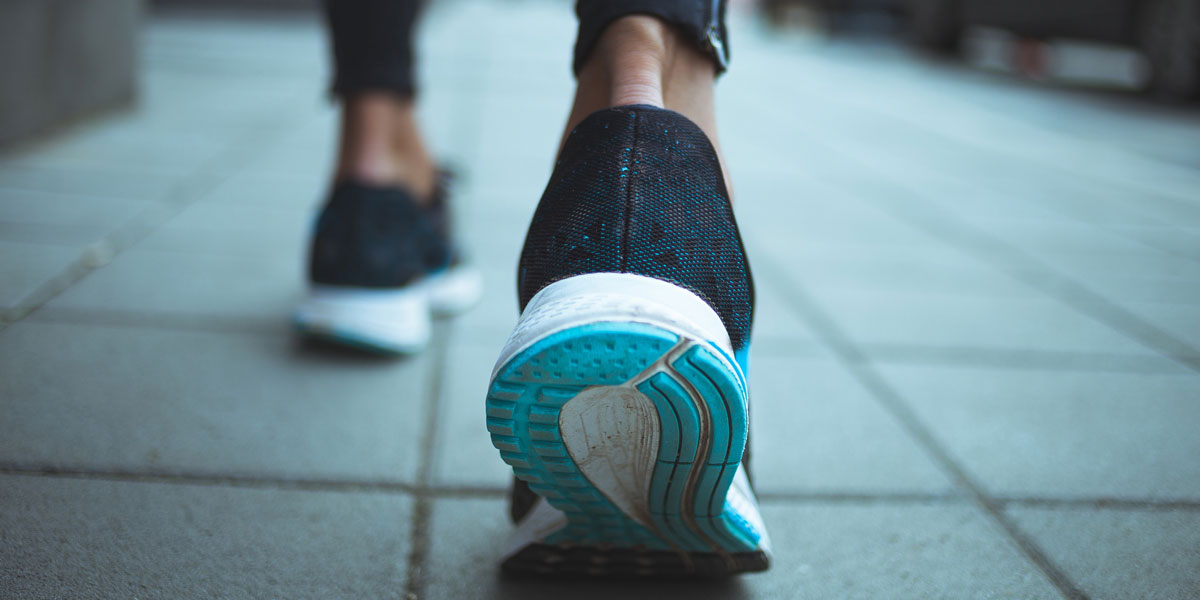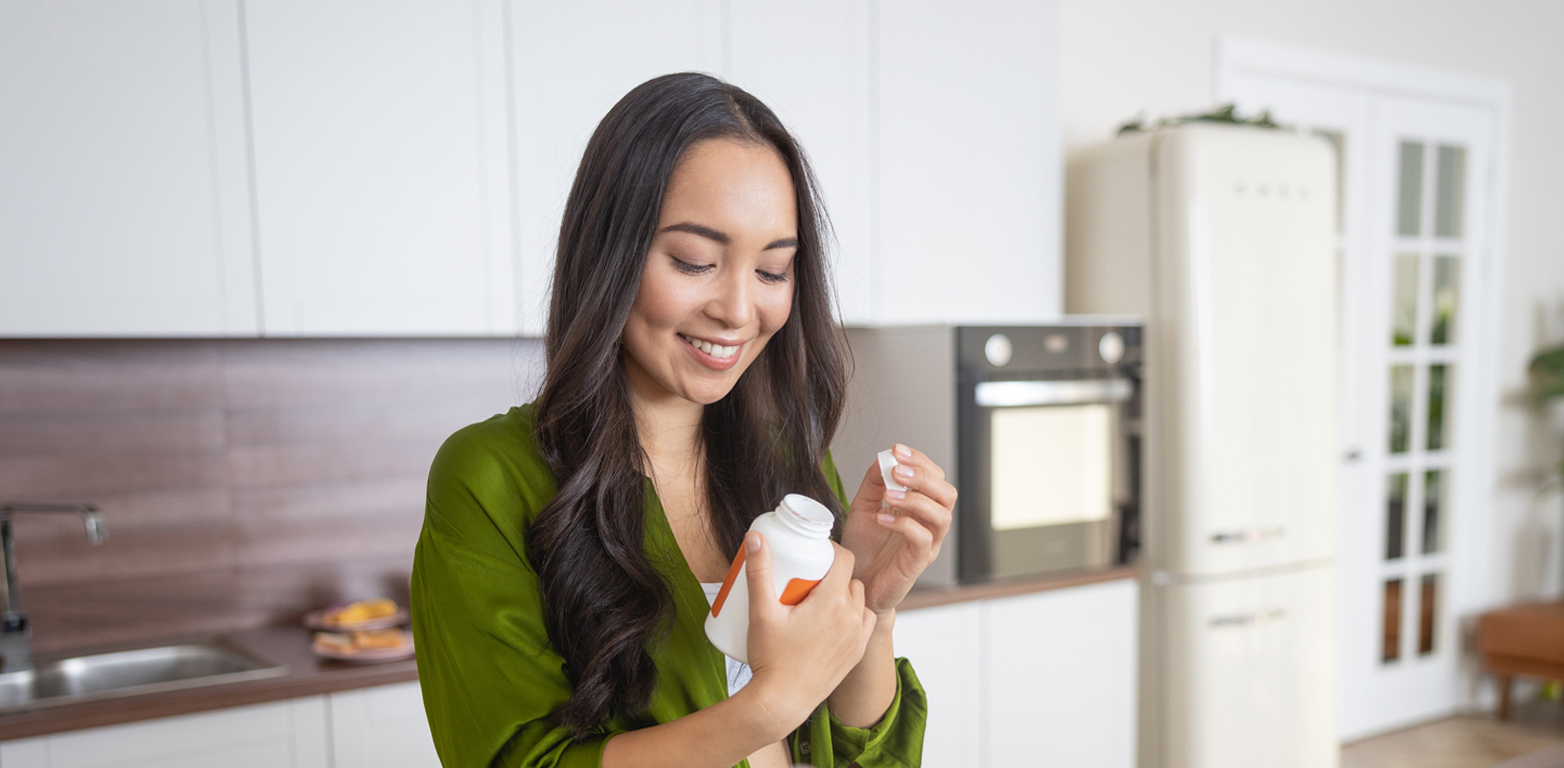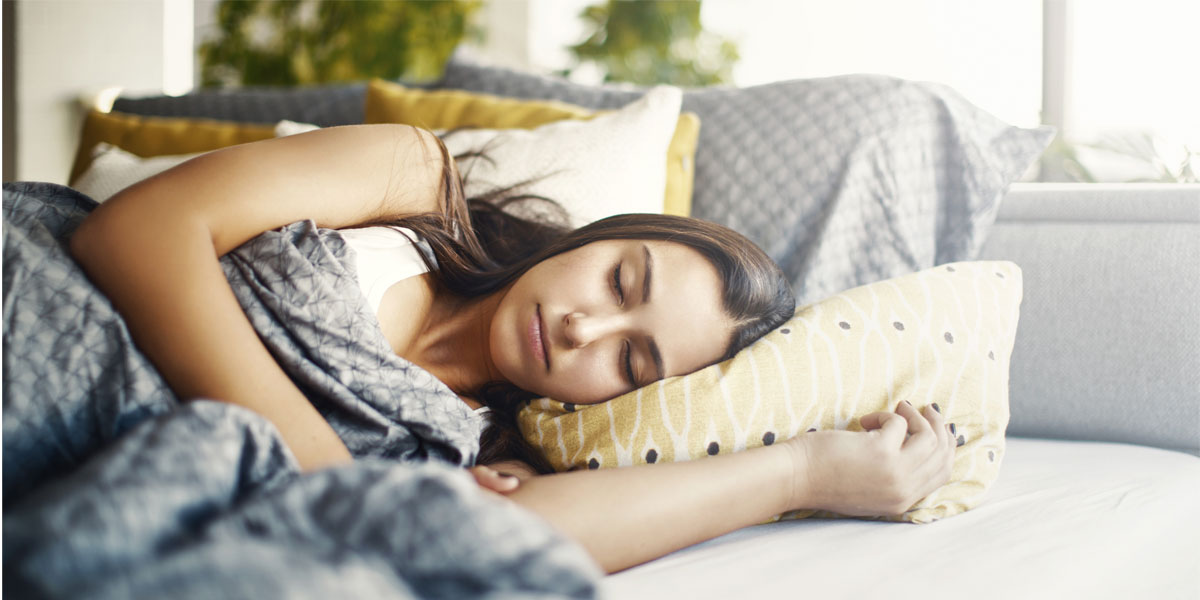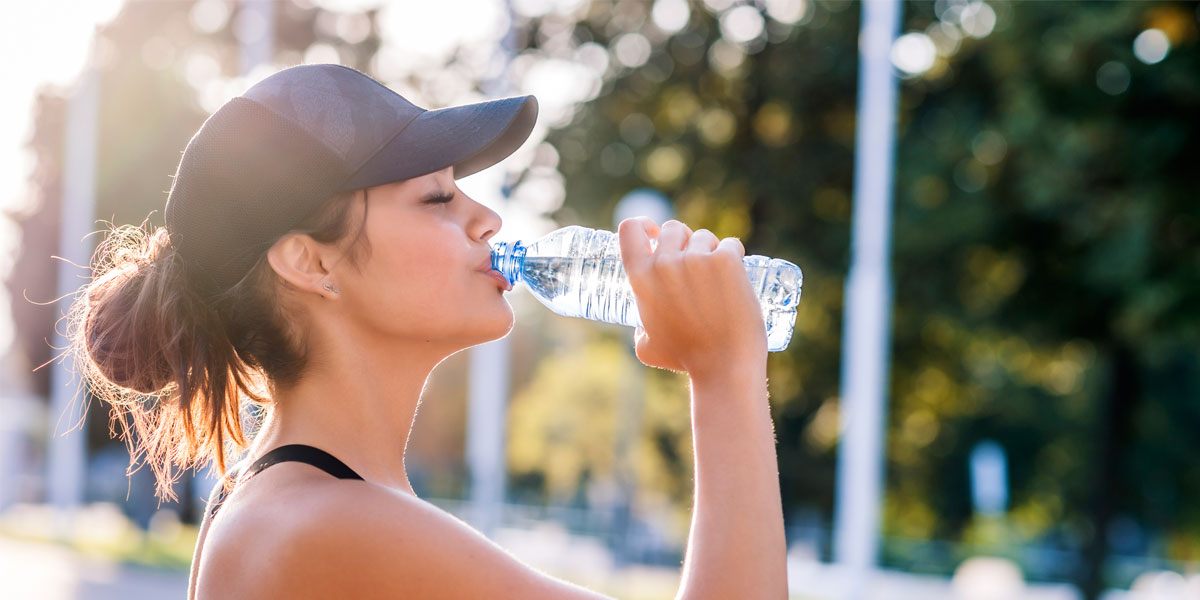
Get Moving
The fourth topic in our resilience building during lockdown series is movement.
Humans are built to be upright for most of the day but over the past couple of decades we’ve deliberately crafted our lives to be more sedentary. We used to need to stand up for most things, whether it was going to work, the shops, the bank or connecting with other people. Today it’s considered a great technological advancement that most things can be done from home from a seated position. This puts us in a good position to adapt to the requirements of a lockdown but a poor position to optimize our health.
Prolonged sitting compromises your structural stability. It can weaken your glutes and cause your hip flexors to shorten. This can contribute to back pain, particularly if your sitting position isn’t optimal. Sitting puts stress on all your postural muscles. If you don’t have adequate muscle tone to support you then your body can adapt to slumped stance as it’s new normal. This can create neck tension and contribute to headaches.
Sitting down a lot also contributes to weight gain. Obviously if you’re sitting you aren’t burning calories, in fact in a lockdown situation you’re probably consuming them. But beyond this, prolonged sitting slows down your metabolic rate. It squashes your organs, reducing the efficiency of your digestion. This means you metabolize fat less effectively.
In addition to your physical health, prolonged sitting can affect your brain. Mental resilience depends on the appropriate release of happy hormones. Good circulation is required for these systems to operate effectively. When your brain isn’t receiving oxygen your cognitive capacity decreases.
Standing up from your seat, even briefly gets your circulation going and takes the pressure off your organs, muscles and joints. The next step up is incidental exercise from activities such as playing with your kids or doing housework. Gently stretching out tight muscles can help reduce the risk of injury and discomfort. The next step up is walking outdoors which brings the added benefits of fresh air and sunshine.
The gold standard of movement is a structured exercise regime that involves some kind of weight-bearing exercise and challenging cardiovascular activity. It’s the sort of thing many people imagined themselves doing during lockdown, before the realities of new normal set in. A new regime requires time and emotional energy. Many people are already beyond cognitive capacity trying to balance the demands of work (too much or too little) and family life (not enough personal space or far too much).
It can be hard to start something new when you’re under stress but everyone can benefit from adding manageable movement into the day. Your body and mind will operate more effectively and this will give you more resilience to face the challenges ahead.
Related Posts
A lot is written about whether or not supplements are effective. As with most health issues, the answer is “it depends”.
Improve your resistance to stress through focusing on sleep. Consistent, quality rest is the cornerstone of good physical and mental health.
Our top choices for a new lippie to pick you up this winter.
The third foundation habit for lockdown resilience is drinking water
Subscribe to our newsletter
Subscribe today to receive the latest offers, events and exclusive promotions at Shore City.
By submitting your details, you agree with our Platform Terms of Use, and have read our Privacy Policy.



